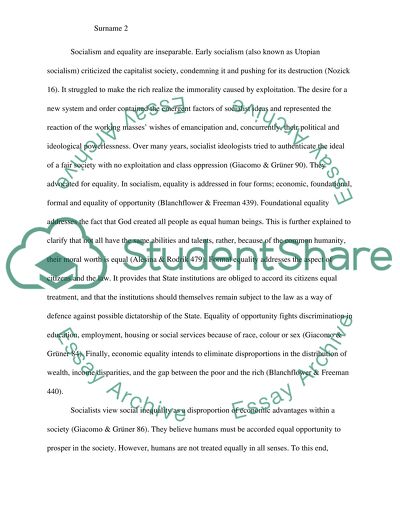Cite this document
(“Political Ideologies in Conflict Essay Example | Topics and Well Written Essays - 1500 words”, n.d.)
Retrieved from https://studentshare.org/politics/1466826-political-ideologies-in-conflict
Retrieved from https://studentshare.org/politics/1466826-political-ideologies-in-conflict
(Political Ideologies in Conflict Essay Example | Topics and Well Written Essays - 1500 Words)
https://studentshare.org/politics/1466826-political-ideologies-in-conflict.
https://studentshare.org/politics/1466826-political-ideologies-in-conflict.
“Political Ideologies in Conflict Essay Example | Topics and Well Written Essays - 1500 Words”, n.d. https://studentshare.org/politics/1466826-political-ideologies-in-conflict.


